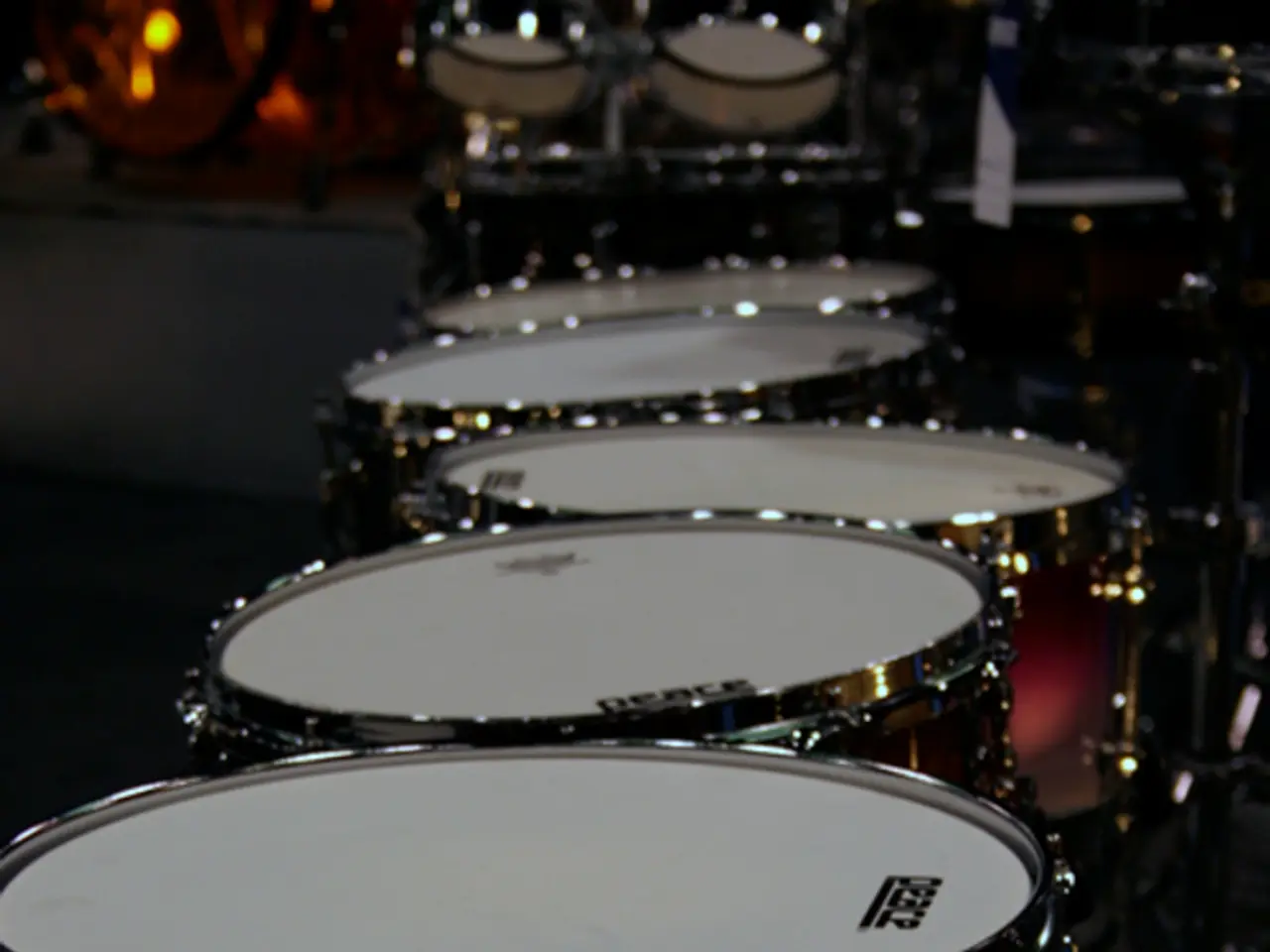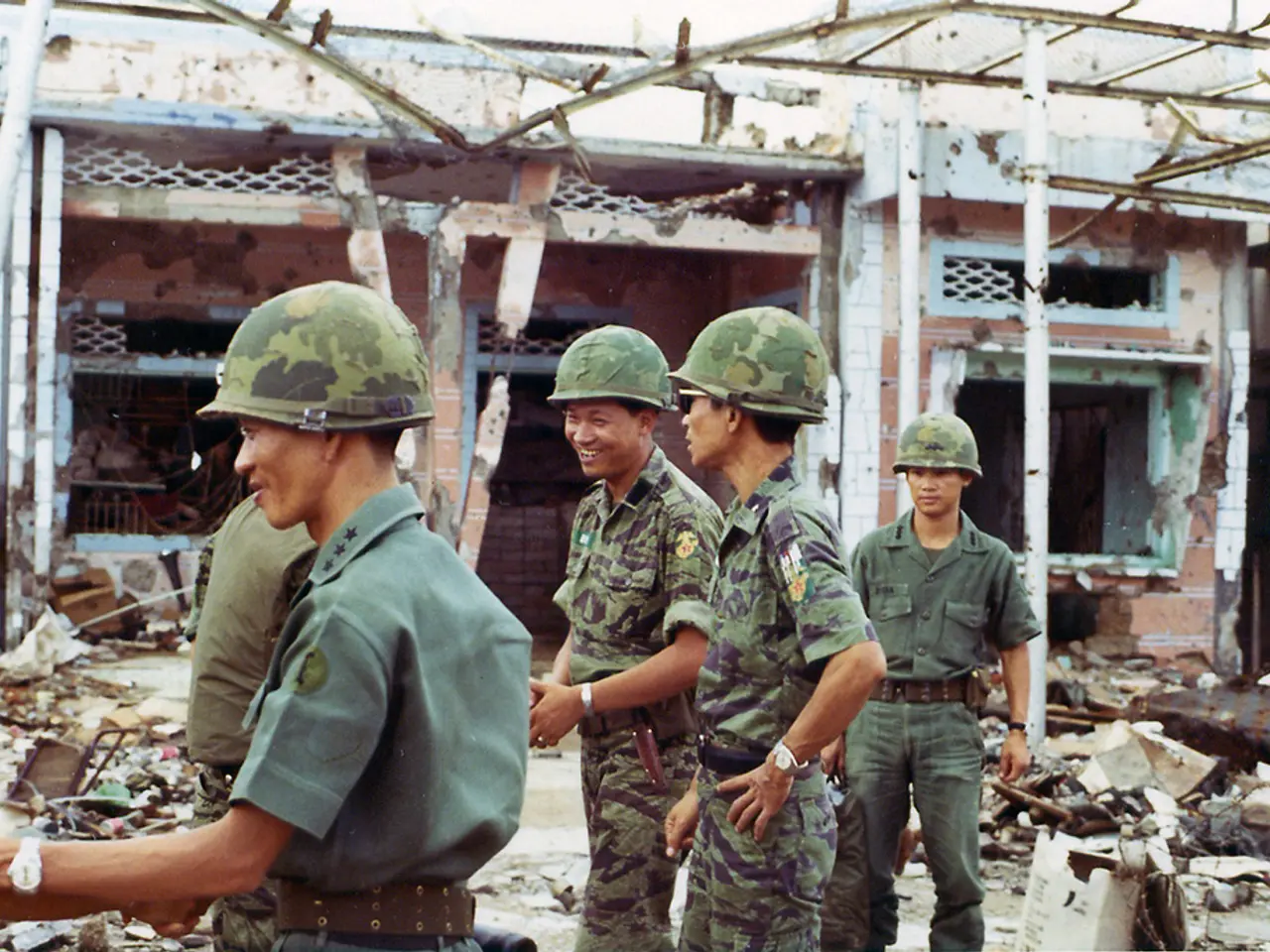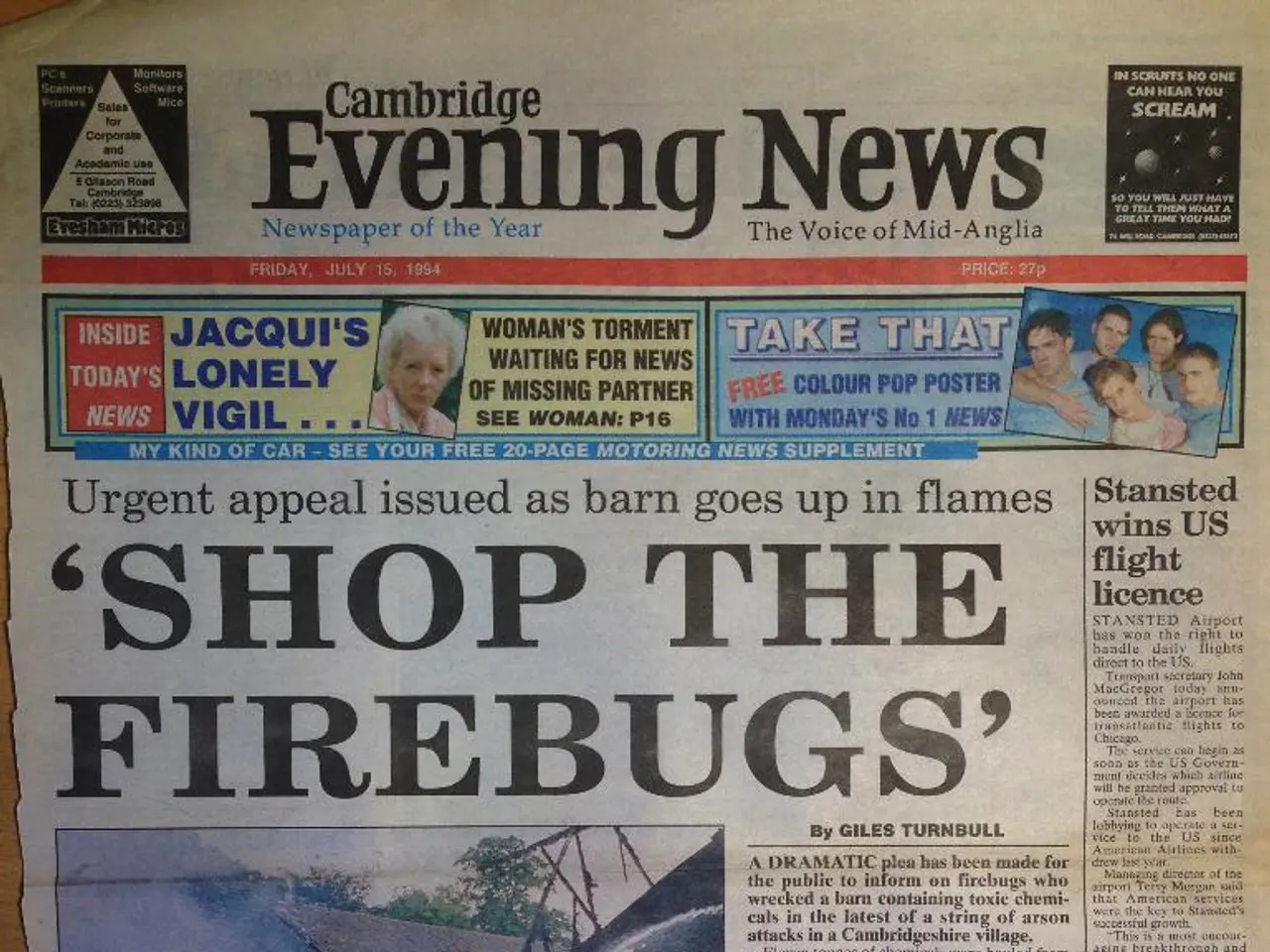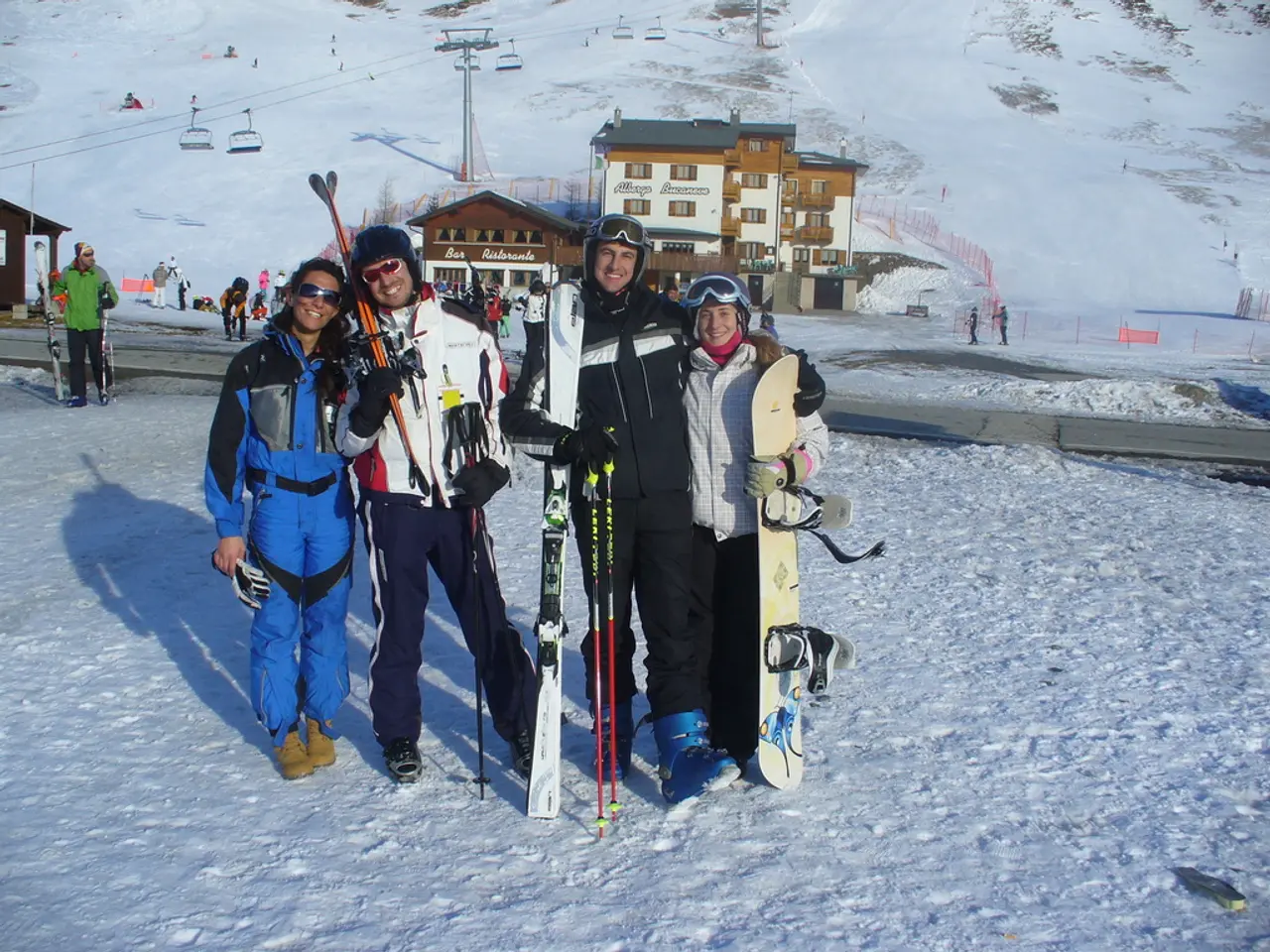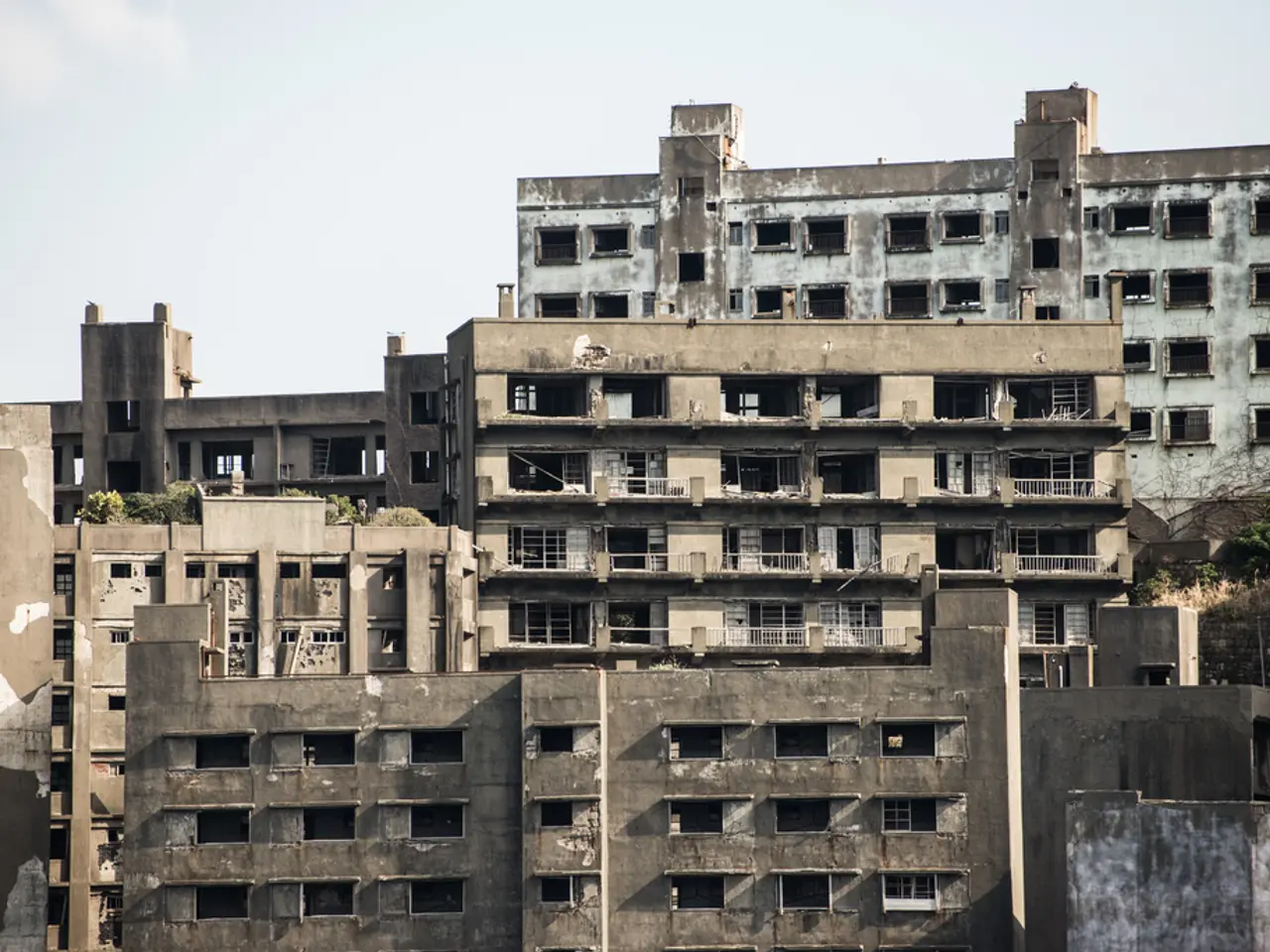U.S. increases reward for capture of Venezuelan president to $50 million
The United States government has significantly increased the bounty on the arrest of Venezuelan President Nicolás Maduro, offering a reward of $50 million. This move comes in response to Maduro's alleged involvement in drug trafficking and narco-terrorism activities.
The initial offer of $15 million was made during the previous administration, but under President Joe Biden, the bounty has been raised to $25 million and subsequently doubled to its current value in August 2025. The primary reasons cited for this escalation are Maduro’s leadership of one of the world's largest narcotics trafficking operations, his ties to drug cartels such as the Sinaloa cartel and the Tren de Aragua, and his role in flooding the U.S. with fentanyl-laced cocaine and other narcotics.
This increased bounty signifies a renewed U.S. commitment to pressuring Maduro’s regime amid ongoing political tensions following his controversial 2024 re-election, which many international actors deemed fraudulent. It also serves to signal Maduro as a top fugitive on par with major global criminals, increasing international attention and possibly encouraging informants.
Moreover, the bounty highlights the ongoing humanitarian and human rights crisis in Venezuela, as the U.S. State Department has linked Maduro and his security forces to widespread abuses and impunity.
Venezuela’s government, however, has reacted dismissively and hostilely to this development. Venezuelan officials, including Foreign Minister Yvan Gil, have condemned the increased bounty as a "pathetic" political propaganda stunt designed to delegitimize Maduro and interfere in Venezuela’s sovereignty. They have rejected the charges and accused the U.S. of conducting a media campaign to please political opponents.
In summary, the escalation of the bounty on Maduro's arrest reflects the deteriorating relationship between the U.S. and the Maduro administration against the backdrop of Venezuela’s ongoing political and humanitarian turmoil. Maduro, who has remained the most powerful figure in Venezuela for over a decade, has been indicted on US federal charges of narcoterrorism and conspiracy to import cocaine.
The escalation in the bounty on Maduro's arrest is a part of the general news, as it highlights the shifting politics between the U.S. and Venezuela amid war-and-conflicts like narcoterrorism and drug trafficking allegations. This move also positions Maduro alongside other global crime-and-justice fugitives, potentially drawing increased scrutiny and potential informants.
